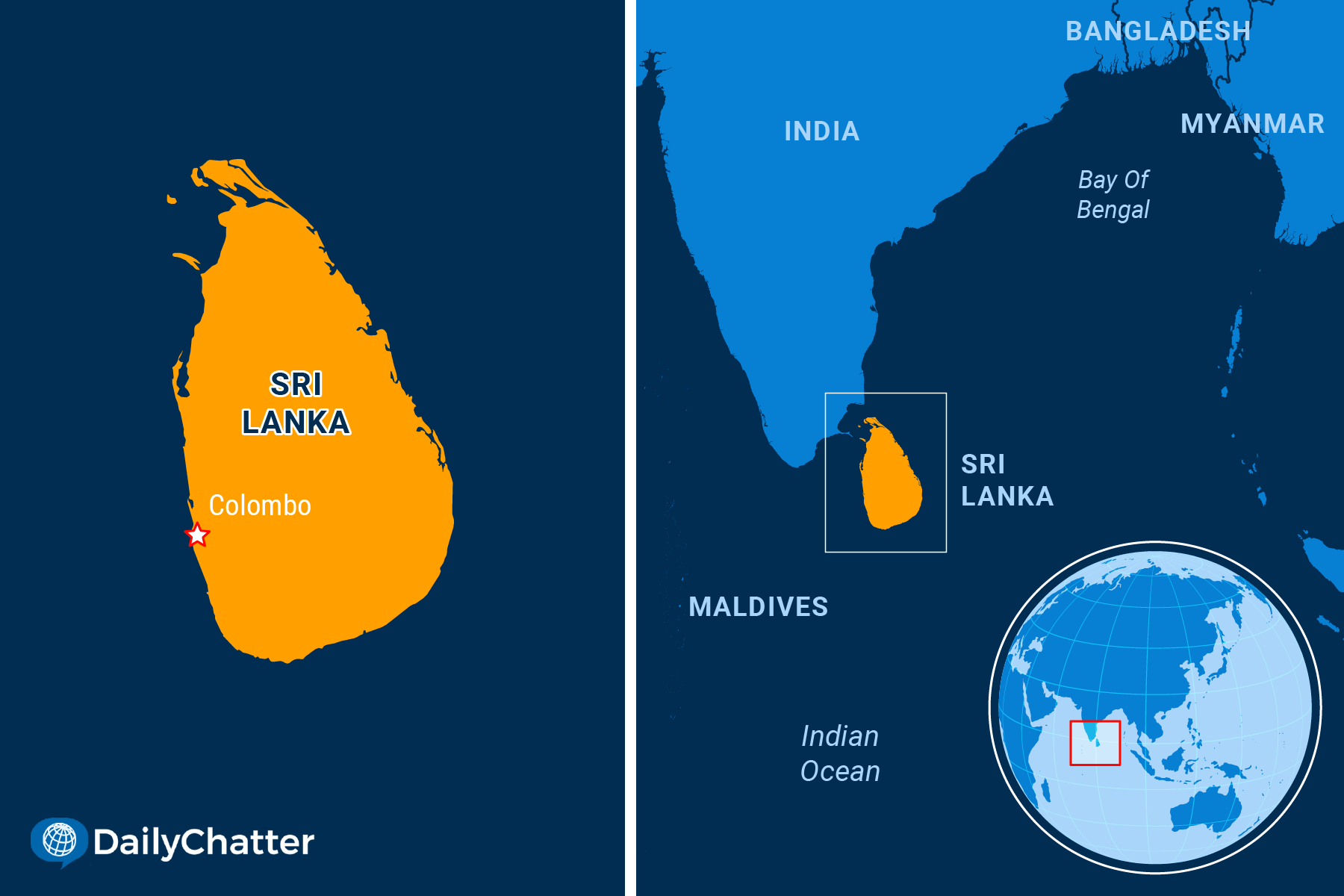
The World Today for August 05, 2021
NEED TO KNOW
SRI LANKA

The Invasion of the Nurdle
First, smoke from the burning container ship X-Press Pearl polluted the skies off Sri Lanka’s west coast. Now, Sri Lankans are watching as the vessel’s cargo pollutes the sea around their island nation to the south of India. The X-Press Pearl caught fire on May 20 while hauling 350 metric tons of oil and 81 containers of hazardous materials, which include toxic chemicals that make fertilizer and 80 tons of plastic pellets, CNN reported.
Whales, dolphins and hundreds of other sea creatures have washed up on Sri Lanka’s beaches since the disaster.
The ship’s Singapore-based operator, X-Press Feeders, told the New York Times that nitric acid had been leaking from a container but Indian and Qatari officials had denied the firm’s request to offload the flammable cargo. The newspaper added that the tiny plastic pellets dumped into the sea called “nurdles,” clog the digestive systems of sea life.
White pellets cover formerly pristine beaches. It’s not clear when they will stop washing up upon the shore. “It’s a beach that I’ve been to many times before,” marine biologist Asha de Vos said in an interview with National Public Radio in Colombo, the capital, where tiny plastic pellets covered the beach. “It’s that idyllic tropical beach with the palm trees and the beautiful sand.”
Sri Lankan officials are investigating. Writing in the Conversation, however, Deakin University Law Lecturer Claudio Bozzi suggested that the world could learn some important lessons from the disaster immediately. Mis-declared cargo could cause more than 150,000 container shop fires annually, he wrote. Ever-larger super container ships have more opportunities to catch fire, too. Rules mandating onboard firefighting are outdated.
Shipping companies have a reason to step up their game.
The scope of the Sri Lankan disaster is becoming more clear as two major environmental groups issued a study that accused 15 companies of responsibility for the tons of greenhouse gas emissions that fossil-fueled ships emit annually. Ships importing goods for retailers from abroad produce as much emissions as tens of millions of cars and trucks in the US.
That international shipping fleet has quadrupled since the 1980s, Fast Company wrote, adding that environmentalists and others want shippers to bear the cost of that pollution, making it more expensive while helping domestic companies that aren’t part of those long supply chains. Walmart expects to eliminate 100 billion tons of emissions through US manufacturing rather than foreign suppliers.
There are proposals to make the owners of polluting ships pay. The Sri Lankans are certainly interested.
To read the full edition and support independent journalism, join our community of informed readers and subscribe today!
Not already a subscriber?
If you would like to receive DailyChatter directly to your inbox each morning, subscribe below with a free two-week trial.
Support journalism that’s independent, non-partisan, and fair.
If you are a student or faculty with a valid school email, you can sign up for a FREE student subscription or faculty subscription.
Questions? Write to us at [email protected].
